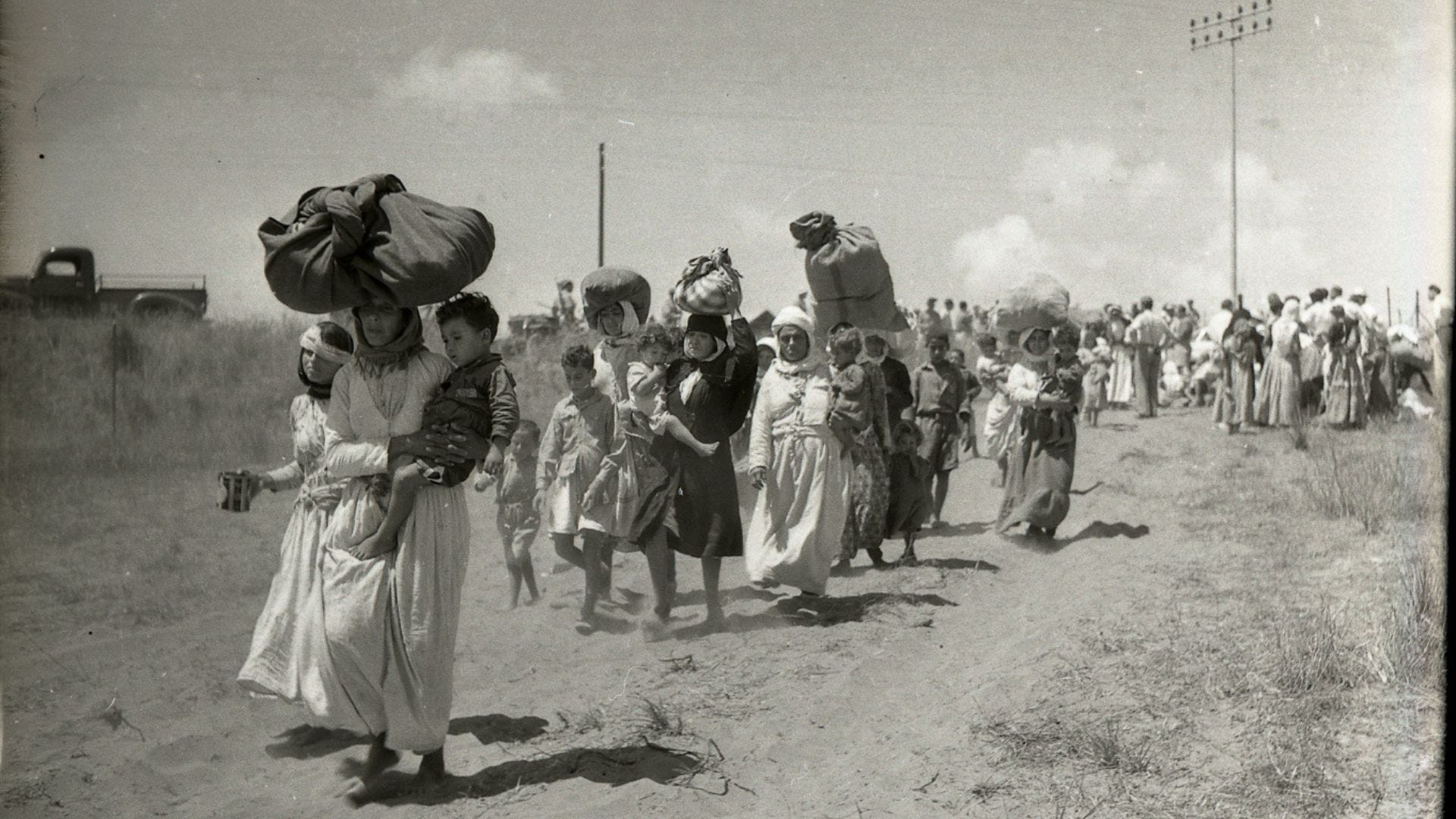Complex Legacy of the Holocaust and the Israeli-Palestinian Conflict
Balancing Historical Context with Modern Realities: Analyzing Israel's Actions and the Ongoing Israeli-Palestinian Conflict
The complexities of Middle Eastern geopolitics, particularly concerning Israel and its actions, cannot be easily distilled into simplistic narratives. The discourse surrounding Israel often involves balancing historical context with present-day actions, and it remains a deeply contentious and polarized issue.

The Holocaust, one of history's darkest chapters, saw the systematic extermination of six million Jews by Nazi Germany. This genocide not only underscored the vulnerability of the Jewish people but also galvanized international support for the creation of a Jewish homeland. The establishment of Israel in 1948 was seen by many as a necessary refuge for Jews who had faced millennia of persecution culminating in the Holocaust.
The aftermath of World War II and the revelation of the horrors of the Holocaust led to a strong international consensus supporting the Zionist movement, which advocated for the establishment of a Jewish state in Palestine. The United Nations partition plan of 1947, which proposed separate Jewish and Arab states, was a direct response to the atrocities of the Holocaust and the need for a secure homeland for Jews.
The birth of Israel was accompanied by the Nakba, or "catastrophe," for Palestinians. Approximately 700,000 Palestinians were displaced, and hundreds of villages were destroyed as a result of the 1948 Arab-Israeli War. This displacement has been a core issue in the Israeli-Palestinian conflict, with generations of Palestinians living as refugees in neighboring countries or within the territories of the West Bank and Gaza Strip.
The Israeli-Palestinian conflict is deeply rooted in historical, religious, and territorial disputes. Key events, such as the Six-Day War in 1967, resulted in Israel's occupation of the West Bank, Gaza Strip, and East Jerusalem. These areas are considered by many in the international community as occupied territories, and the establishment of Israeli settlements in these regions has been a point of significant contention.
The Holocaust, perpetrated by Hitler, was a catastrophic event that fundamentally shaped Jewish identity and global perceptions of anti-Semitism. This historical context is often invoked in discussions about Israel's legitimacy and security concerns.
In my opinion the actions and policies of Israel today should be assessed independently of the atrocities committed against the Jews during World War II. While the Holocaust underscores the importance of a Jewish state for safety and self-determination, it does not justify actions taken by Israel that violate international law or human rights in the 21st century.
The repression suffered by Jews during the Holocaust does not excuse or mitigate current issues such as settlement expansion, military actions, or treatment of Palestinians. Reports by organizations such as Human Rights Watch and Amnesty International have detailed extensive human rights abuses against Palestinians, including restrictions on movement, arbitrary detentions, and military operations resulting in civilian casualties.
The international community must continue to advocate for a fair resolution that ensures security and dignity for both Israelis and Palestinians. It is only through mutual recognition and a willingness to compromise can a peaceful future be envisioned in this long-standing conflict.




